- Disclosure: Some of the links in this article may be affiliate links, which can provide compensation to me at no cost to you. if you decide to purchase. This site is for entertainment only.
If your car is not accelerating properly, it can be a frightening experience. Not only can it put you in danger on the road, but it can also cause significant engine damage if the issue is not addressed promptly and your check engine light may come on.
Reasons your car may not accelerate
Common causes of a car not accelerating can include anything from an electrical issue to dirty engine components or a faulty fuel pump. Let’s take a look at some of the most common causes and what you should do if your car is not accelerating as it should be.
There are a variety of reasons you may experience an acceleration issue, and they can all be potentially dangerous. I will talk about the most problems that I have seen but this can be different from country to country, so make sure to contact a mechanic if in doubt.
Throttle body
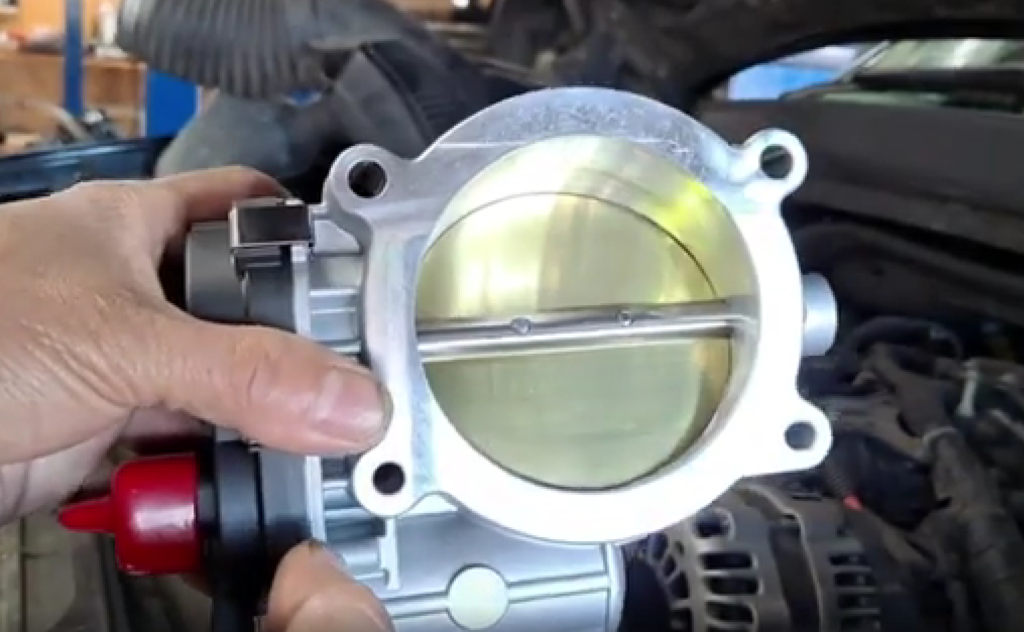
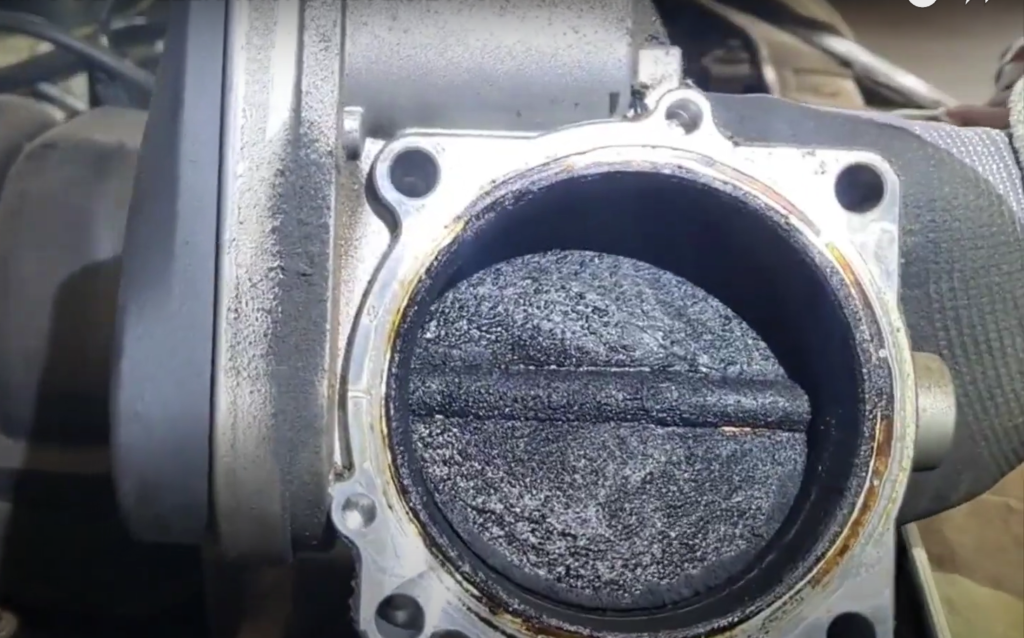
The throttle position sensor or throttle body is not working correctly, it can become stuck or unresponsive which can be for the throttle valve opening angle to become limited, and causing trouble accelerating loss of power and poor acceleration and fuel economy also if the throttle position is is dirty the engine may not get enough air into the fuel system and can cause a lack of power or poor acceleration.This problem can be solved with a professional service.
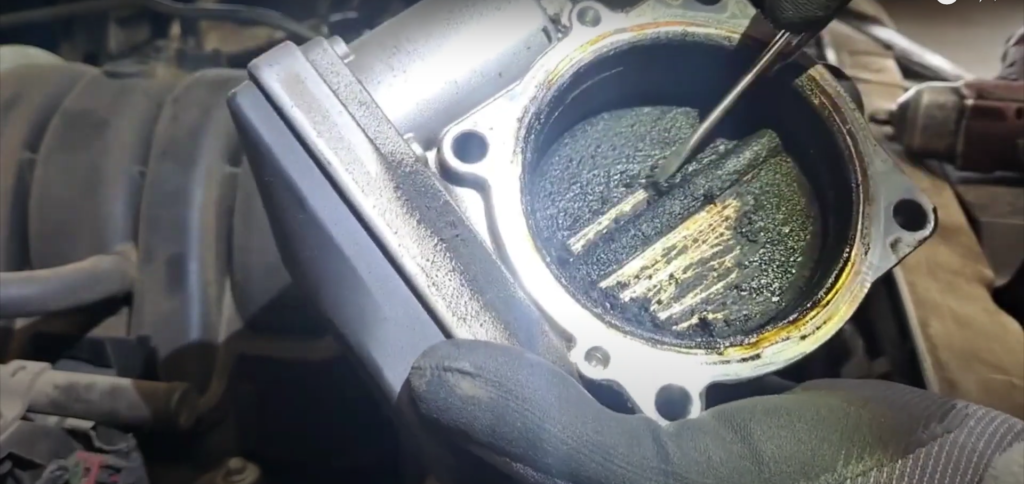
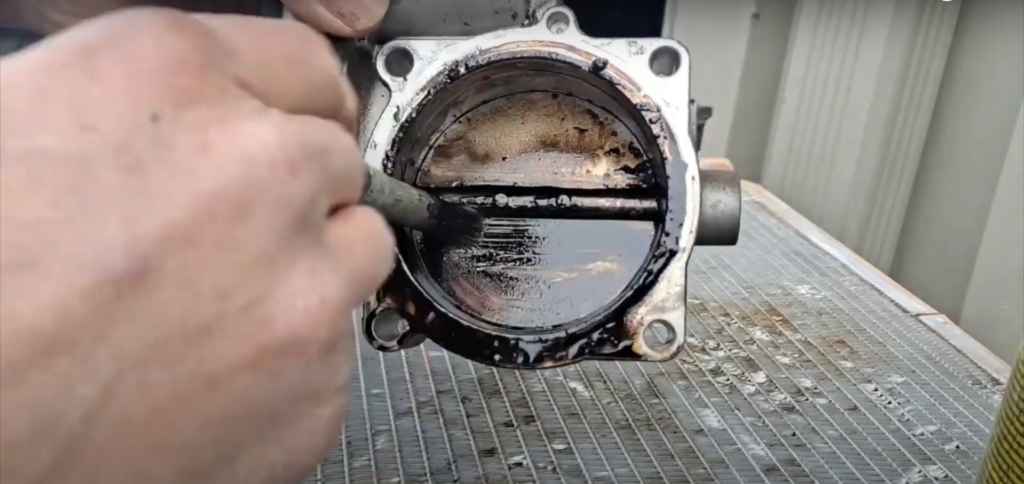
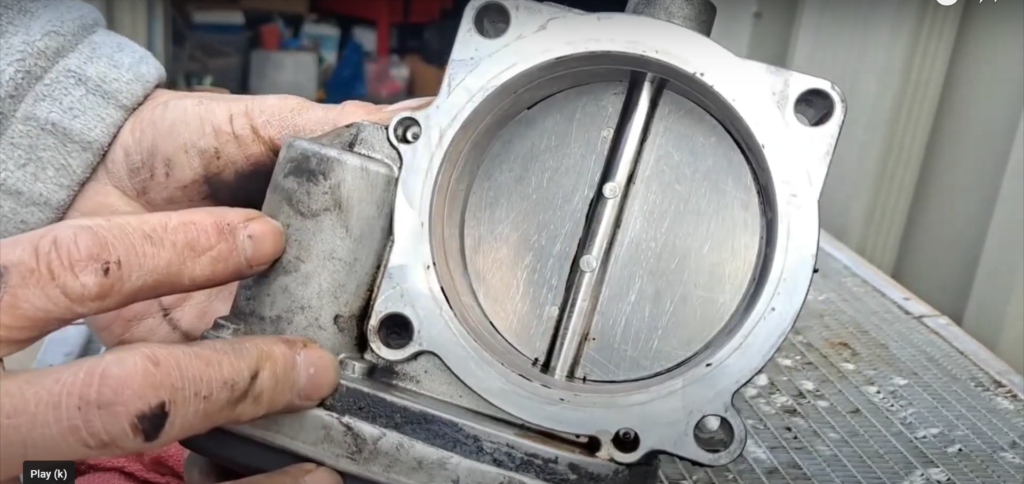
The technician will clean the throttle body, inspect all related components for wear and tear, and reset it back to its factory settings. If you’re experiencing poor acceleration, this could be one of the things you should consider checking. And I will say this is the cause of people asking why is my car not accelerating.
Mass air flow sensor
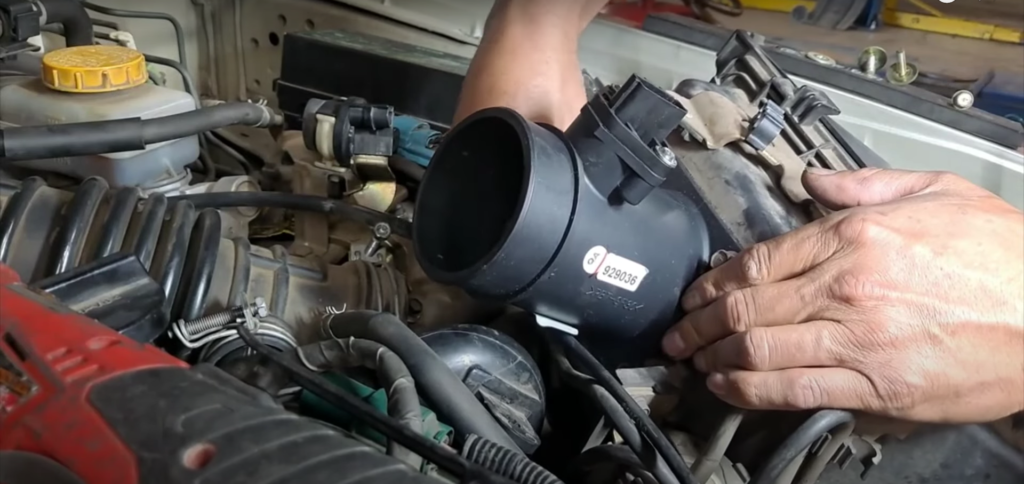
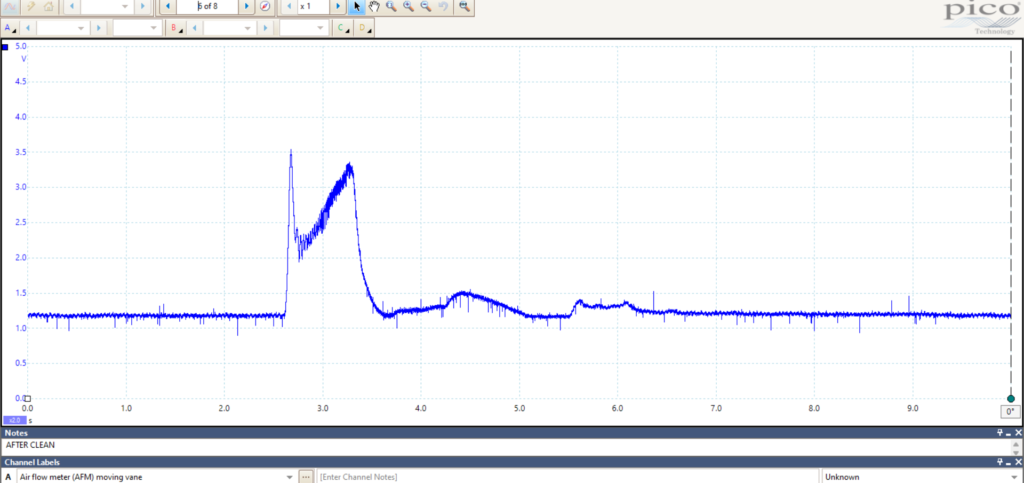
The mass air flow sensor is usually located near the intake manifold or air filter box. It is composed of a hot wire or a heated film element.
The mass air flow sensor measures the amount of incoming air to your engine along with the oxygen sensor and then sends this information to the car’s computer which adjusts the fuel injector for the fuel system. If it is not working properly, it can lead to reduced acceleration power as well as decreased mileage. if you have a Nissan some time will not be check engine light on and that can lead you to think of the fuel system problem.
Engine misfires
Misfiring is when cylinders in your engine fire incorrectly, resulting in reduced power and acceleration. This can be caused by a wide variety of issues such as misfiring ignition coil, dirty fuel injectors, air filter, faulty throttle position sensor, maf sensor, oxygen sensor faulty, or a clogged air filter.
Misfiring from ignition coil
If your car is experiencing a misfire, one of the first things you should check is the ignition coils. These are important components that convert low voltage into high voltages in order to ignite the air/fuel mixture in each cylinder. If these coils become faulty or worn, it can result in poor acceleration and power loss.
If a spark plug is misfiring or not firing at all, this can cause your car to run inefficiently and reduce its acceleration capabilities. This can also lead to increased emissions and fuel consumption and make your check engine lights on
Oil inside of the sparkplug wells
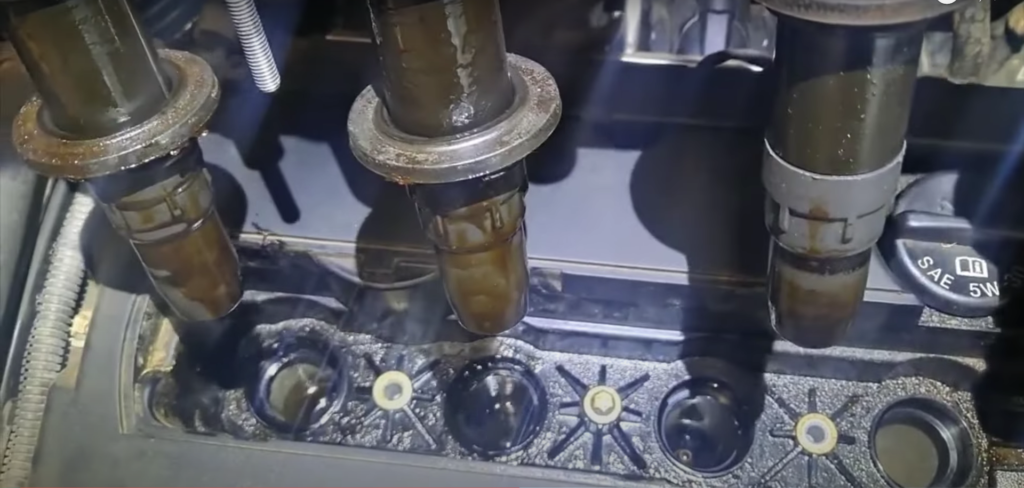
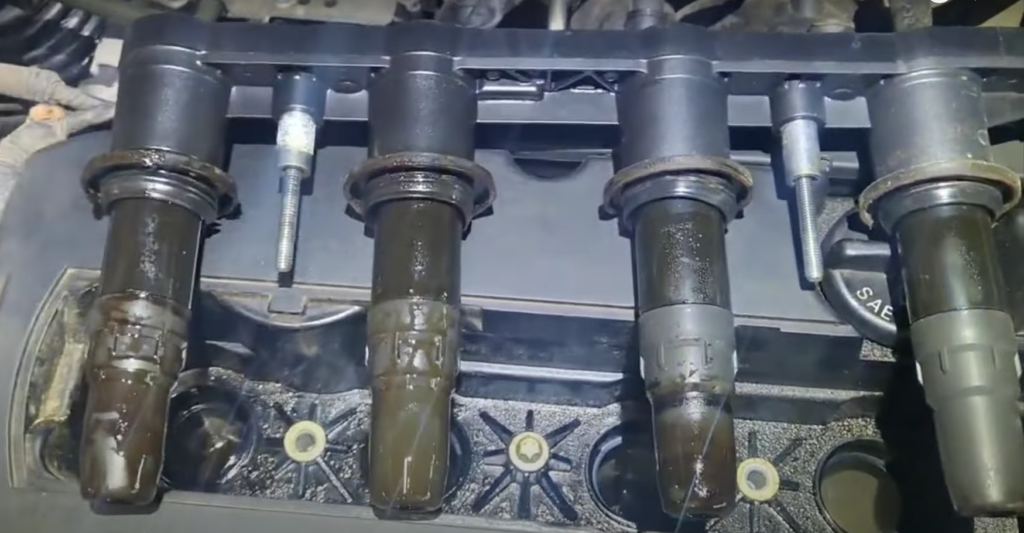
Oil inside of the sparkplug wells can cause misfires and decrease performance. If you notice oil inside of the sparkplug wells you will need to replace the valve cover gasket and sparkplugs.
ignition coil can misfire if it is faulty or contaminated with oil. This can cause your car to not accelerate properly and go into limp mode.
It is important to diagnose any issues with your car as soon as possible. A lack of power can be dangerous as it reduces your ability
limp mode
Limp mode is a feature that reduces your engine’s power output in order to protect it from further damage. It can be triggered by a variety of issues and can cause significant acceleration issues. low coolant can also cause a car to not accelerate properly. If the engine is not getting enough coolant, it will overheat and reduce power output. This can cause your car to struggle when accelerating.
what causes a car to go into limp mode?
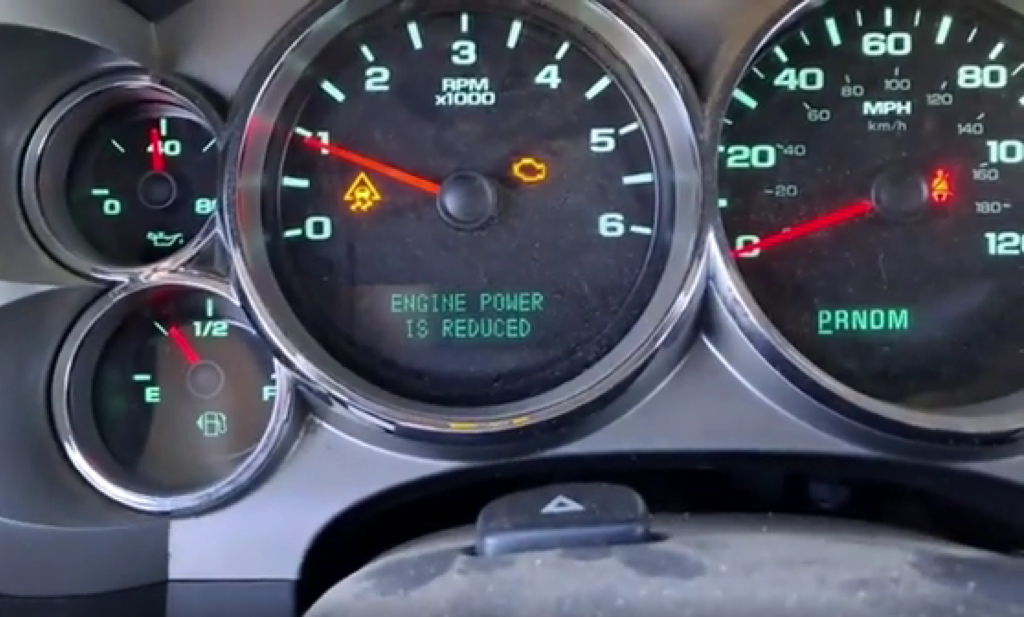
The result of a problem with your car’s electronic control unit (ECU). The ECU monitors various signals from sensors in order to ensure that your engine is running correctly. If it detects an issue, it will reduce power output in order to protect the engine from further damage.
faulty catalytic converter.
can cause your car to not accelerating properly. A clogged catalytic converter will reduce the flow of exhaust gases and limit the power output of your car. This can cause a lack of acceleration and a decrease in performance. also, your car can not go up to 30 miles per hour when driving on the highway or city streets. The engine may also struggle to reach higher speeds and the car will consume more fuel than usual. To diagnose a clogged catalytic converter, you should take your vehicle to an experienced mechanic or auto shop. They will be able to inspect the exhaust system and determine if there is a problem with the catalytic converter. A faulty catalytic converter can cause slow acceleration and trouble codes like mass sensor, incorrect data, fuel delivered, oxygen sensor monitors error signal. An air leak in the intake system or exhaust system. Air leaks can cause issues with idle speed, acceleration, and overall performance.
transmission problem
One of the most common transmission issues is when the transmission does not accelerate. This could be caused by a number of things, such as a faulty solenoid, worn-out belt, or clogged tiny passages of the fluid line inside the transmission fluid, If your vehicle has difficulty accelerating from a stop or shifts harshly into gear, it may be time to take your car in for a transmission check. Other signs of a failing transmission are slipping gears, leaking fluid, and loud noises coming from the engine area.
What should you do?
If you suspect your car has an acceleration issue, you first have to look for identifying signs. Typically, these signs may include a decrease in power when you press the accelerator, lurching and jerking as you accelerate, or engine stalling or misfiring while accelerating. If you experience any of these issues, it is better to stop driving the car and take it to a mechanic for inspection and check engine. The sooner you get your car inspected, the better chance you have of avoiding further damage and costly repairs. A certified technician will be able to quickly determine what is causing the acceleration issue and provide an effective repair solution.
Engine Air-Fuel Mixture –
An improper air-fuel mixture within the engine can cause a lack of power when accelerating. This can be due to clogged fuel injectors, dirty spark plugs, or a malfunctioning oxygen sensor
Ignition System Problems –
Issues with the ignition system can prevent your car from having the necessary power output. These can include faulty spark plugs, bad ignition coil packs, or a problem with the distributor.
many components
Accelerating problem should be repaired immediately as you may be placing yourself in harm’s way, especially when attempting to go up a hill, merging onto the freeway, or at intersections. Combustion engines are designed to have fuel delivered to the engine and dispel exhaust gases away from the vehicle. Many components and sensors work together in order to accomplish the combustion process and propel your vehicle forward. When there is a failure within this system, the car may experience acceleration problems.
FAQ
Q: How do I know if my car has a problem with acceleration?
A: If your car is having difficulty accelerating, lurching, and jerking as you accelerate, or engine stalling or misfiring while accelerating, it is best to take your car in for a check-up. A certified technician will be able to quickly determine what is causing the acceleration issue and provide an effective repair solution.
Q: It is safe to drive with an acceleration problem?
A: It is not recommended to drive with an acceleration problem as you may be putting yourself in harm’s way. If you notice any of the signs mentioned above, it is best to take your car in for a check-up as soon as possible.